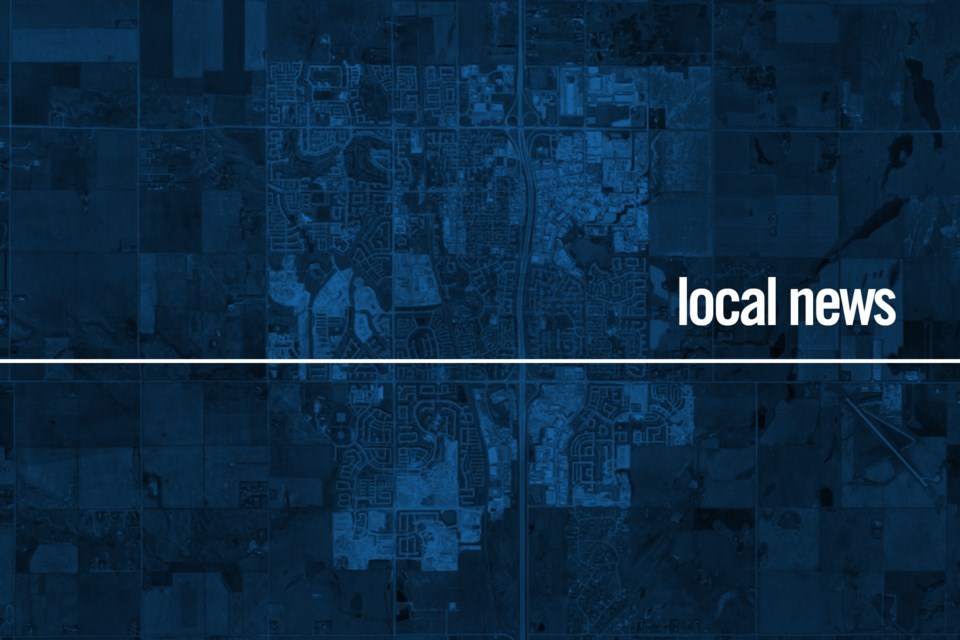LAKELAND – The Northwestern Polytechnic (NWP) in Grande Prairie has developed an online micro-credential course to improve support to sexual assault victims in rural areas called Rural Sexual Assault Care-Expanded – and it will soon be available to all rural Alberta healthcare providers.
The online course is designed to provide specialized training to healthcare providers in rural areas and teach them how to provide comprehensive and trauma-informed care to survivors of sexual assault.
It's aimed at helping enhance the existing services of supporting survivors, by training healthcare providers in evaluating, intervening, gathering evidence, and providing testimony in court, according to a March 20 news release.
The course is open and free to “registered nurses, nurse practitioners, registered midwives and physicians working in rural Alberta,” according to the news release, and is set to begin on April 3.
The course will take about 10 to 12 hours to complete and, “It’s completely self-study,” said Michelle Wallace, Associate Dean of Continuing Education from NWP, during a March 20 round table session.
“So, that gives the learners the flexibility to complete things in the modules as they have time and there isn’t a practicum or work-integrated learning component,” said Wallace.
The course is part of the $1 million funding announced by the province on Oct. 22, 2022.
Background
Many survivors of sexual violence in rural and remote areas of the province must travel long distances to access Sexual Assault Evidence Kit (SAEK), said Tanya Fir, Alberta’s Parliamentary Secretary for Status of Women, during the roundtable session. SAEK is used by the police to collect forensic evidence to use in their investigation of sexual assaults.
“However, if a survivor’s local hospital doesn't have health care providers who are trained or comfortable in performing evidence collection, they may need to find another facility with the capacity to help,” said Fir. “And in rural areas, this can be hundreds of kilometers away.”
“Sometimes and unfortunately, many survivors therefore forgo the option of having their evidence collected,” she said. “Sadly, this decision is one that survivors have to make too often.”
The course helps ensure that survivors of sexual assault, “wherever they are” are being given “the best care possible,” regardless of where they live in the province, reiterated Fir.
She said that while the course remains voluntary, “we’re encouraging healthcare providers that work rural settings to take this training.”
“There are many health care providers throughout the province that do already have this training... this is just to make it available to many more health care providers across the province particularly in those rural areas,” she said.



